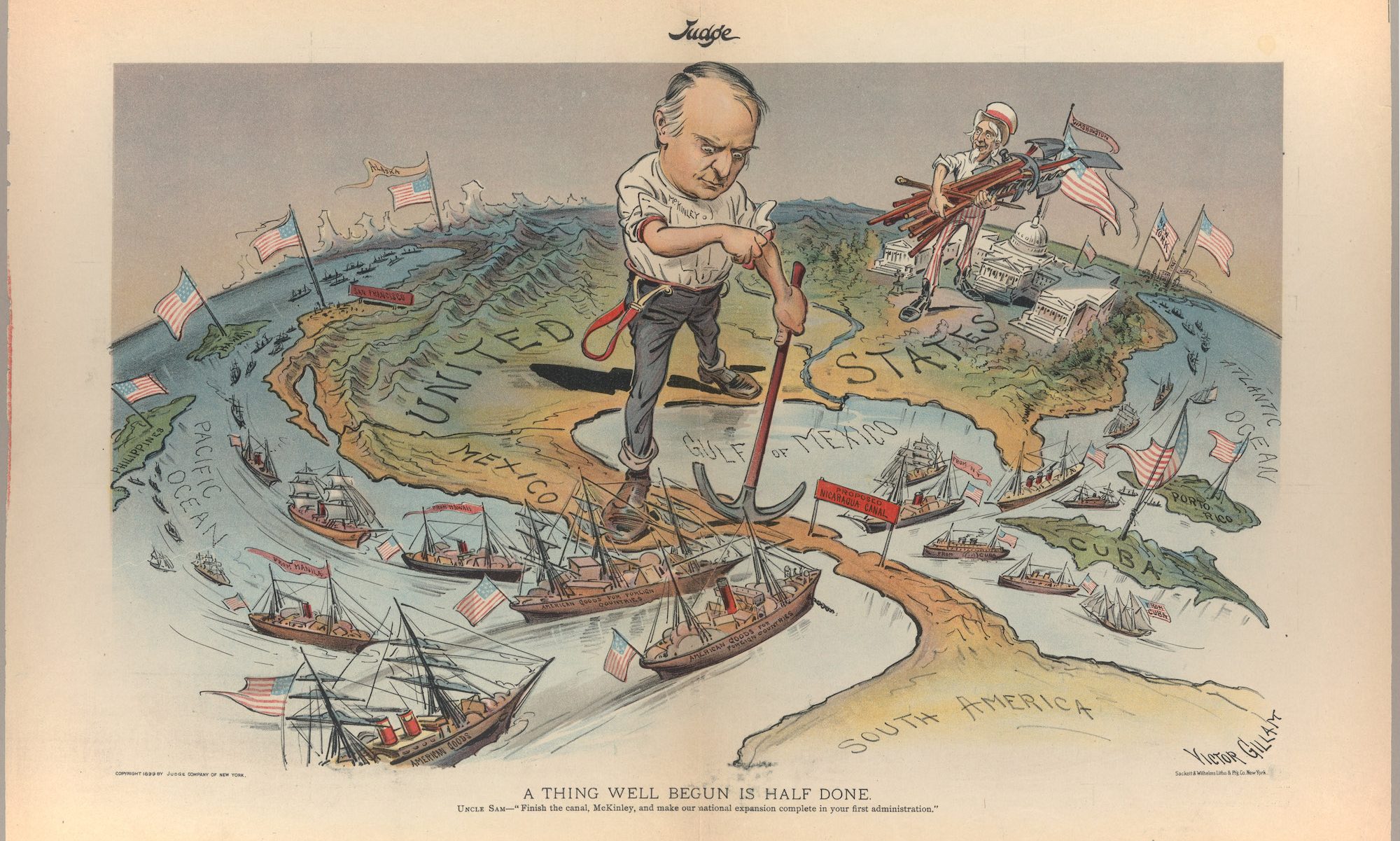Once again, I’ve been invited to give my advice to graduate students about Graduate School and The Market, the two topics that occupy the anxious discussions of years 2 through N in a young scholar’s career. A quick note: I recommend reading my earlier post with job-market advice; this is an update and a companion to that piece.
There’s an inevitable selection problem when talking about how someone’s career succeeded. We don’t see the counterfactual outcomes, nor do we observe the shape of the probability distribution of success given the variables that went into the probabilistic determination of success and failure. It’s likely that the single largest factor in my succeeding in getting a job where and when I did was the composition of the search committee at UMASS-Amherst the year I was first on the market for tenure-track (t-t) jobs, coupled with the specifics of the job ad: a committee with an Americanist chair and a job ad that needed someone who could teach Honors courses in a joint appointment at a public university spoke to several of my key skills and accomplishments unusually well.
So it’s possible that my success is a fluke, and should be judged accordingly. But I have been around; I’ve now been on a search committee; I’ve been through additional searches; and I know a little bit more than I ddi when I was a graduate student. Indeed, I may be at Peak Advice, since my personal experience as a job candidate closely overlaps with my service as a committee member, and I really have seen this market at close hand. I hope, then, that this lets me talk about what worked and what didn’t work for me. I should caveat all of this by bounding my advice a little further: the dynamics of hiring at top-5 research universities and at teaching-intensive universities are very different from “ordinary” R1 jobs.
What Worked
As the title of this post suggests, what worked was publishing. As both an applicant and as a search committee member, this was the single biggest qualification that I found relevant. I had early publications in Comparative Political Studies and American Politics Research (both with fine co-authors!). Publications will not get you a job, but not having publications will make it much harder to get one. It is not uncommon to hear that search committee members won’t even look at CVs that lack publication, and these days committees can be picky enough to insist on publications in good places as well. There are other factors in play, of course, and even an R&R at a good enough journal can be a substitute, but this is the single biggest factor.
Continue reading “PhD Students Should Think About Publishing From Day One”



